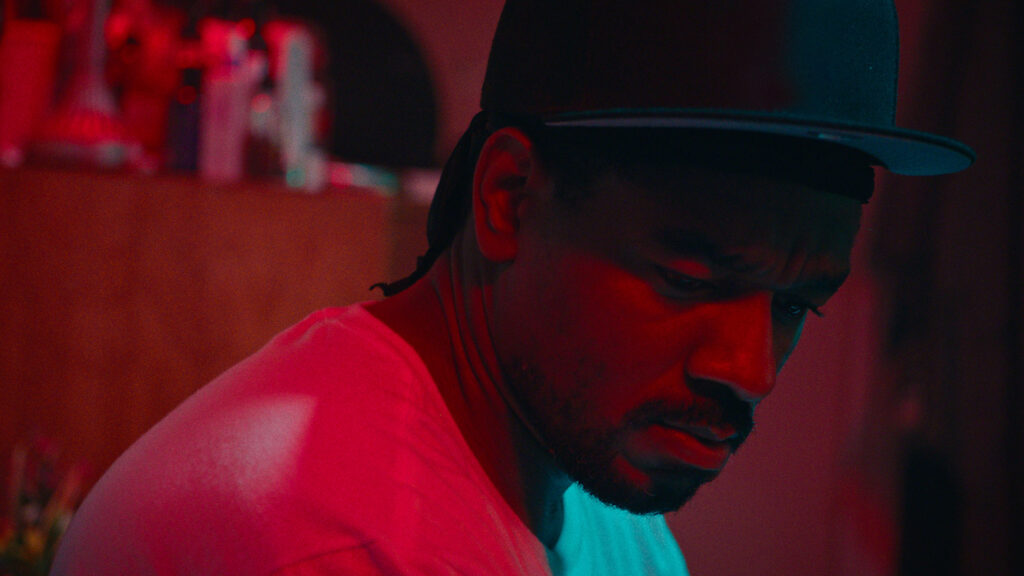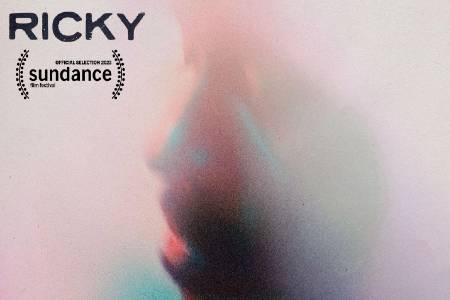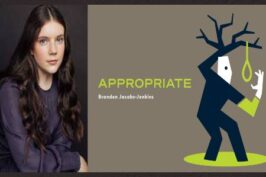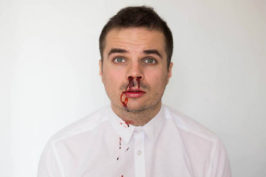Writer/Director Rashad Frett‘s latest short film RICKY is a combination of people in Frett’s personal life inspired him to write this film. They described how difficult it was to get rid of institutionalized habits as well as the difficulties with reintegration. For some, it became so overwhelming that it eventually resulted in isolation from their families and friends.
From the start of the film, we are placed right with Ricky (Parish Bradley) in an office with his parole officer. He is given notice that he must get a job or else he risks being in violation of his parole. The pressure is on and Ricky is feeling the heat.
His brother, James (Maliq Johnson) tries to support him, and so does his mother (Simbi Kali). It is evident that Ricky is having a hard time finding his bearings at home and in social situations. He had been imprisoned for a few years; the world and people around him have changed.
One of his mother’s friends (Karen Chilton) offers him a job at a local diner. Both Ricky and his mother know he needs the job, so he accepts reluctantly. On his first day, his brother fails to give him a ride. Ricky takes James’ car without asking and this leads to an incident on the road. Things spiraled out of control from here.

Although RICKY is about 20 minutes in length, it delivers a very powerful and poignant story. Frett’s script and direction are well balanced and quite thoughtful. It is evident that he has taken care to give humanize Ricky’s experience. Bradley plays Ricky in such a way that allows us to empathize with him. There is much that is said without words in his performance.
The film’s cinematography amplifies Ricky’s emotions as things unravel for him. There are also instances when sounds are muffled to indicate times when Ricky feels trapped. We experience the stress, anxiety, claustrophobia and apprehension Ricky feels as he tries to navigate ‘the outside world’. The film is one of the most honest representations of what an African-American man experiences when regaining his freedom after years of incarceration.
RICKY not only addresses the inequalities of the justice system but provides a powerful character study of how Ricky deals with his transition to freedom. Frett’s intention for the film is to raise awareness by evoking conversations about political and social injustice. I believe in this, he has succeeded.
While at Sundance, Frett sat down with me to talk about the film, its casting, and future direction.
Read more about Rashad Frett and access his other films, including K.I.N.G. (Kid In Need of Guidance) at rashadfrett.com.






